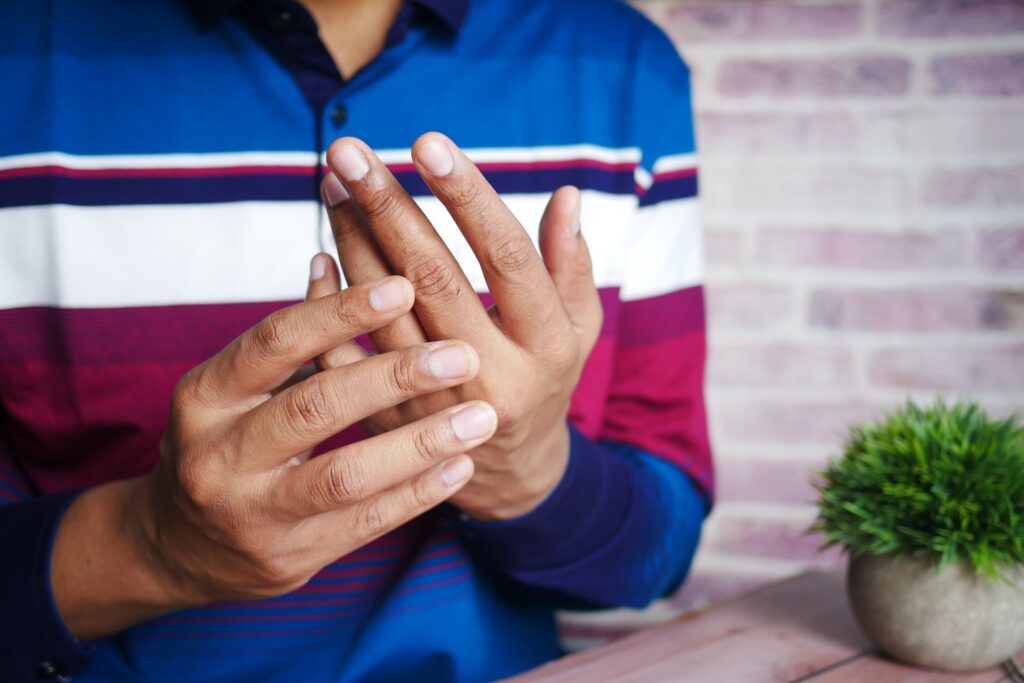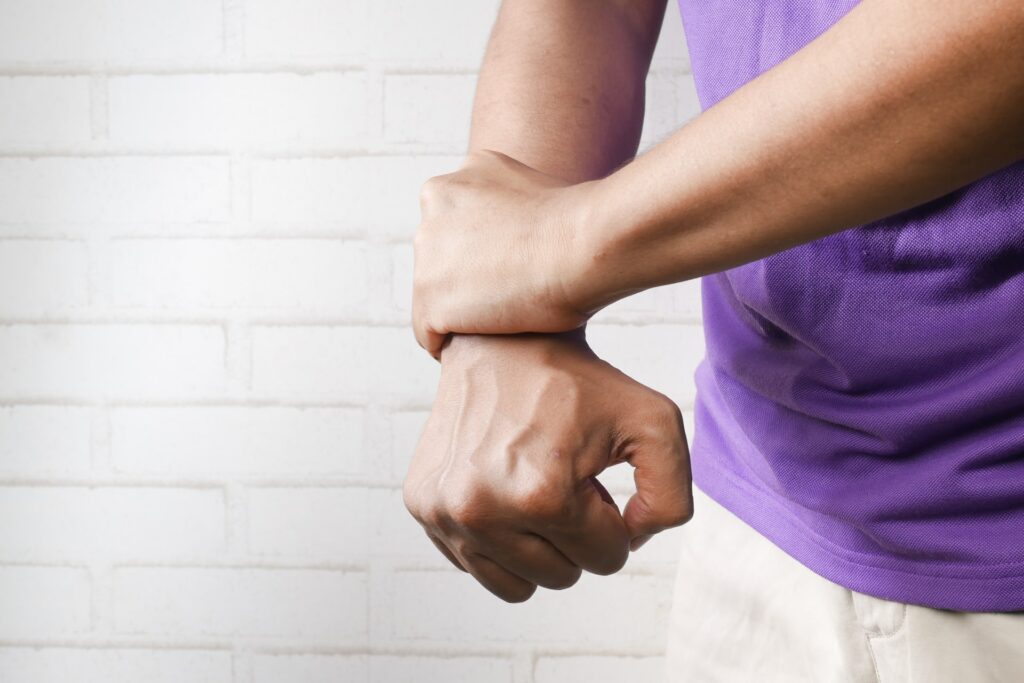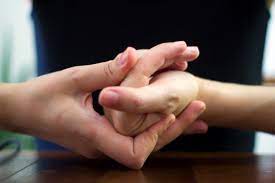Some may have advised you against doing anything because it will create arthritis. An estimated 25-54 percent of people, most of them are men, crack their knuckles on a daily basis. Stretching, cracking, and popping their knuckles, backs, necks, and other body parts may be enjoyable and natural for some people. Is it true that knuckle crack (or any other area of your body for that matter) can result in long-term health issues? What should I do if I’ve been popping my knuckles for a while and want to stop? Is it just an old wives’ tale, or does it have some reality to it?

What Factors Influence Joint Cracking?
The noise made by the sides of a joint rubbing with others is known as joint cracking. As you become older, people may find that their joints break and crack frequently. This is due to the fact that the cartilage around your joints breaks away over time, exposing a larger and more abrasive contact area to grind against. However, that is not a problem within itself. Although it’s never a good idea for bone joints to rub along, the cracking sound indicates there’s plenty of cartilage to keep you safe. Other noises, such as squeaking, can be made by bones. Knuckle Crack would come and just go depending on how often you use joints, how you sleep, as well as a variety of other things. Many people would ask regarding joint cracking and squeaking because they think it’s a problem, yet it’s a matter of survival that joints make noise.
Cracked Knuckles: How to Get Rid of Them
Although knuckle cracking does not cause arthritis, it can have other detrimental effects. It can induce joint swelling, weakening of the hands, or even be a sign of an anxiety problem. However, it is more likely to offend those in your immediate area. To put it another way, you might want to try to reduce joint cracking from a behavioral aspect — here’s how.
Find out what’s causing your joints to crack. When do you find yourself cracking your knuckles? Is the problem caused by an anti-anxiety or anti-stress medication? Identifying the source of the compulsion is the first step toward resolving it.
Keep your hands occupied at all times. Changing your hand emphasis to something else (such as spinning a pen or squeezing a stress ball) is a fantastic method to break the habit if you work at a desk all day. Taking up a hand-driven activity is an excellent method to keep your hands occupied.
Stretch. Stretching your forearms and hands can help you relax in the same way that cracking your knuckles can (or other joints).
Is It Safe To Crack Your Knuckles (Or Other Joints)?
The idea that knuckle cracking causes arthritis is unsupported by scientific evidence. Knuckle crackers are more likely to suffer chronic hand edema and poorer grip strength than individuals who do not crack their knuckles on a daily basis, according to a 2011 study. While cracking your knuckles is linked to hand disorders, it is not usually the cause. Cracking your knuckles will not induce arthritis in most people.

Chronic knuckle crackers were also more likely to participate in other behaviors such as hard labor, smoking, nail-biting, and alcohol drinking, all of which may contribute to swollen hands and lower grip strength.
I’ll collaborate with you to develop a personalized treatment plan to help you become more flexible, coordinated, and balanced. If you have any additional questions or would want to schedule a consultation, please contact me.

